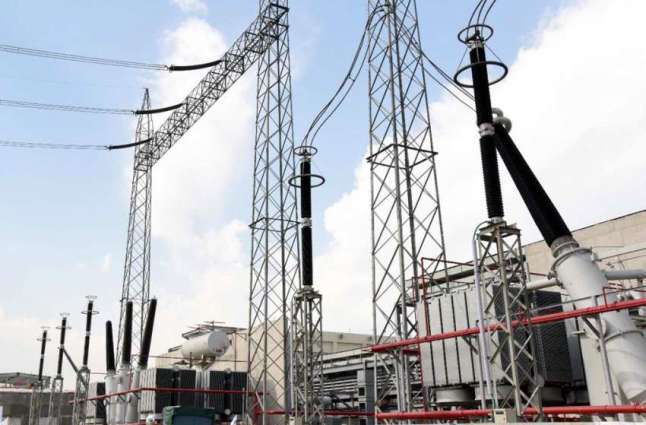The International Monetary Fund (IMF) has declined Pakistan’s proposal to further reduce industrial electricity tariffs by Rs2.70 per unit, citing the need for comprehensive power sector reforms instead of isolated measures, according to a news report.
The Energy Ministry had proposed the cut to provide Rs37 billion in relief to the industrial sector for the February-June period of the current fiscal year, with an annual impact estimated at Rs89 billion.
The IMF objected to the proposal, emphasizing the importance of transitioning to a targeted subsidy regime rather than eliminating cross-subsidies entirely.
Currently, cross-subsidies help offset the cost of electricity for low-income residential consumers. The government, in collaboration with the IMF, plans to roll out a revised subsidy mechanism by July this year to address the issue more comprehensively.
The proposal marked the second attempt in seven months to lower industrial power rates. In June 2024, Prime Minister Shehbaz Sharif announced a reduction of Rs10.69 per unit for industrial consumers to boost production and exports. However, residential consumers, who subsidize bills for low-income households using under 300 units per month, were left out of these initiatives.
The IMF had previously rejected a separate proposal to lower electricity tariffs by Rs4.80 per unit for residential consumers by abolishing taxes. This would have offered annual relief worth Rs580 billion but was deemed fiscally unsustainable.




